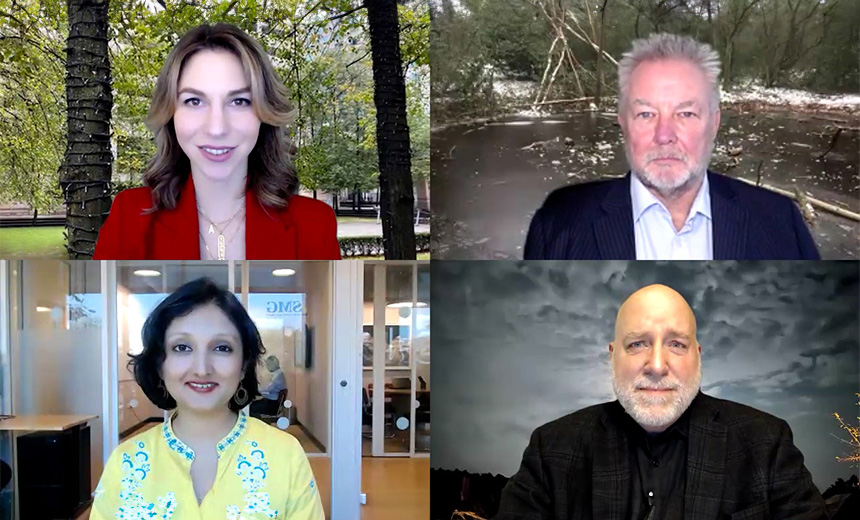In the latest weekly update, ISMG editors have discussed the potential role of AI in cloud security, the recent cyberattack on Microsoft by Russian state hackers, and how to secure APIs in the age of zero trust. The panelists – Anna Delaney, director of productions; Tony Morbin, executive news editor, EU; Tom Field, senior vice president, editorial; and Suparna Goswami, associate editor, ISMG Asia – delved into the challenges within cloud security that artificial intelligence can tackle. They also highlighted the vulnerabilities associated with legacy systems in the wake of the cyberattack on Microsoft by Russian state hackers. This attack has raised concerns about the company’s ability to secure itself and its customers. Additionally, the panelists shared insights from an interview with CISO Rohit Rane of HDFC Pension Management Co., who discussed how organizations that have numerous applications can simplify the process of integrating zero trust principles.
The recent cyberattack on Microsoft by Russian state hackers is a cause for concern, as it has highlighted the vulnerabilities associated with legacy systems. This attack has raised questions about the company’s ability to secure itself and its customers. The panelists discussed the implications of this attack and how organizations can learn from it to enhance their own security measures. Furthermore, they emphasized the need for organizations to stay vigilant and proactive in protecting their systems from such attacks.
In the realm of cloud security, the panelists explored the potential role of AI in addressing the challenges within the space. They discussed how artificial intelligence can be leveraged to enhance security measures and mitigate threats in the cloud. This is particularly relevant in today’s digital landscape, where organizations are increasingly reliant on cloud-based services and infrastructure. By harnessing the power of AI, organizations can bolster their defenses and stay ahead of emerging threats.
Additionally, the panelists addressed the integration of zero trust principles into API deployment. They highlighted insights from CISO Rohit Rane on how organizations can streamline the process of integrating zero trust principles, particularly when dealing with numerous applications. This is crucial in establishing a robust security framework that is built on the foundation of zero trust, which is increasingly becoming a best practice in the cybersecurity landscape.
Overall, the discussion underscored the evolving nature of cyber threats and the need for organizations to adapt and fortify their security posture. By exploring the potential of AI in cloud security, learning from recent cyberattacks, and integrating zero trust principles into API deployment, organizations can better position themselves to mitigate risks and safeguard their digital assets.
The ISMG Editor’s Panel serves as a valuable platform for industry experts to share insights and engage in meaningful discussions on pressing cybersecurity issues. By addressing key topics such as cloud security, cyberattacks, and zero trust principles, the panelists provide valuable perspectives that can guide organizations in enhancing their security strategies. As the cybersecurity landscape continues to evolve, staying informed and proactive is essential for organizations to stay ahead of emerging threats and protect their critical assets.


